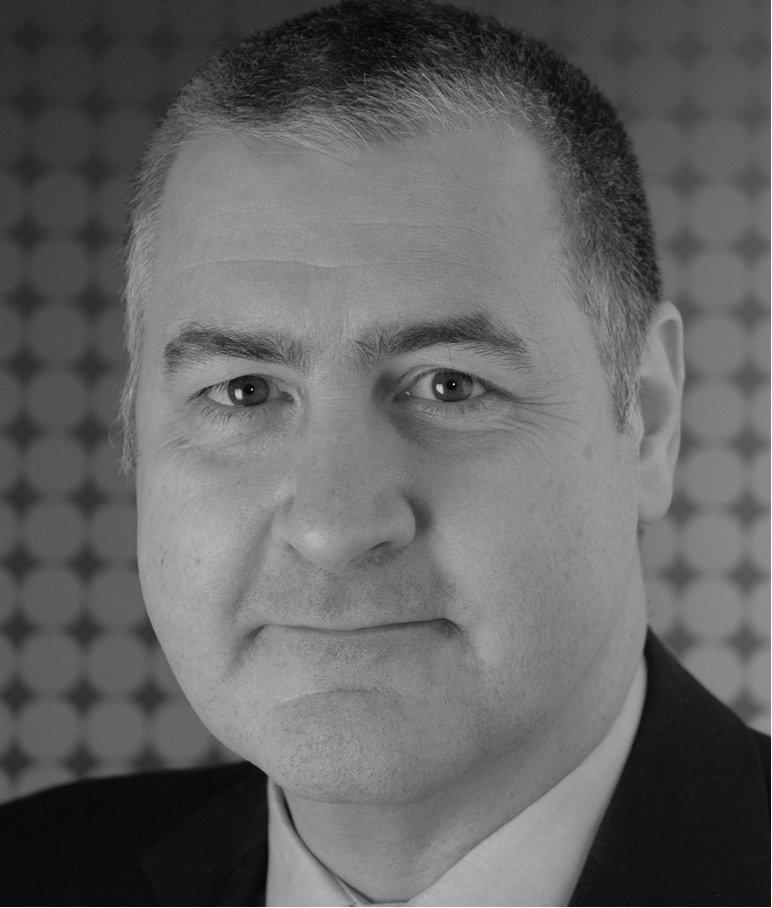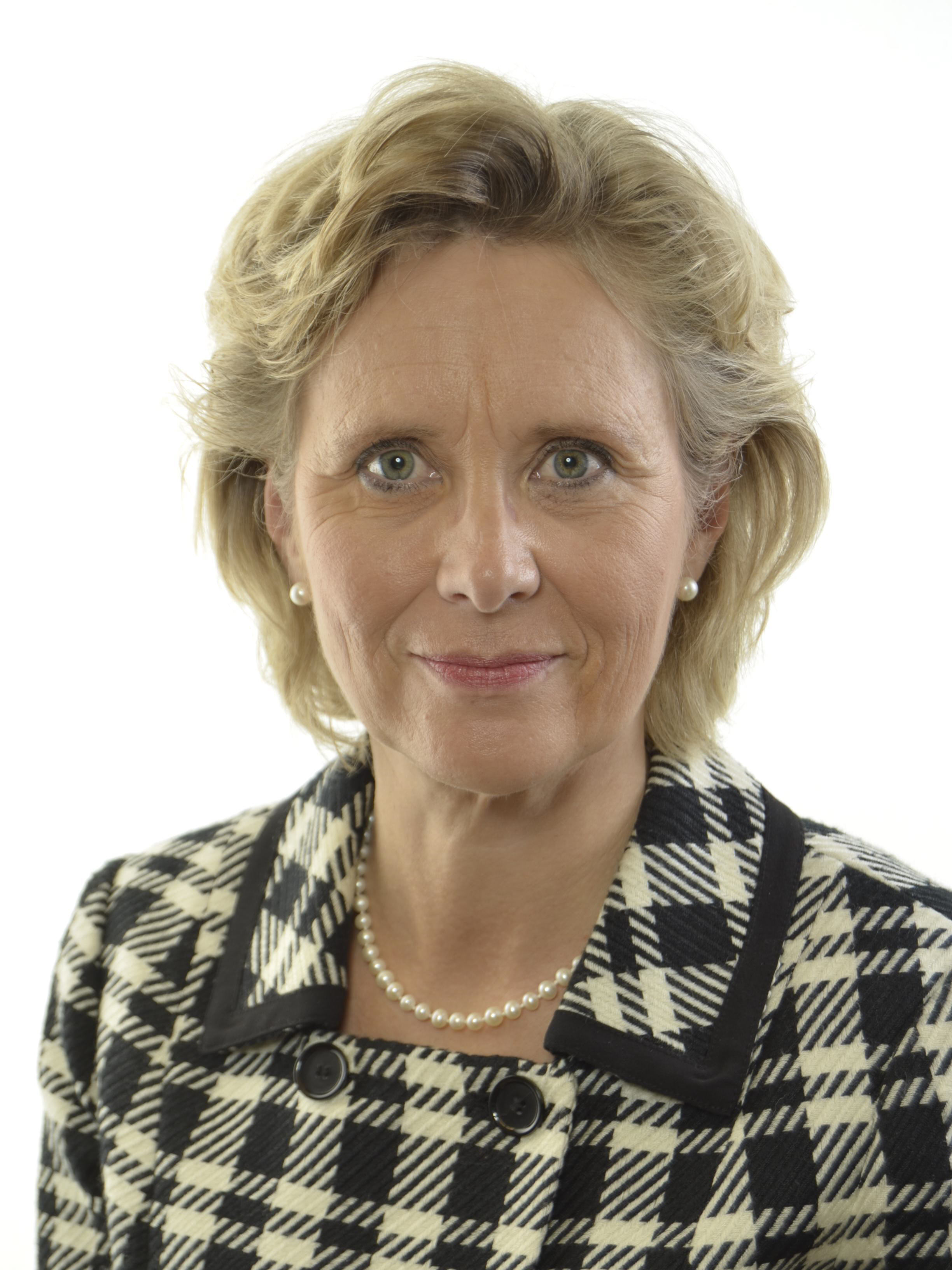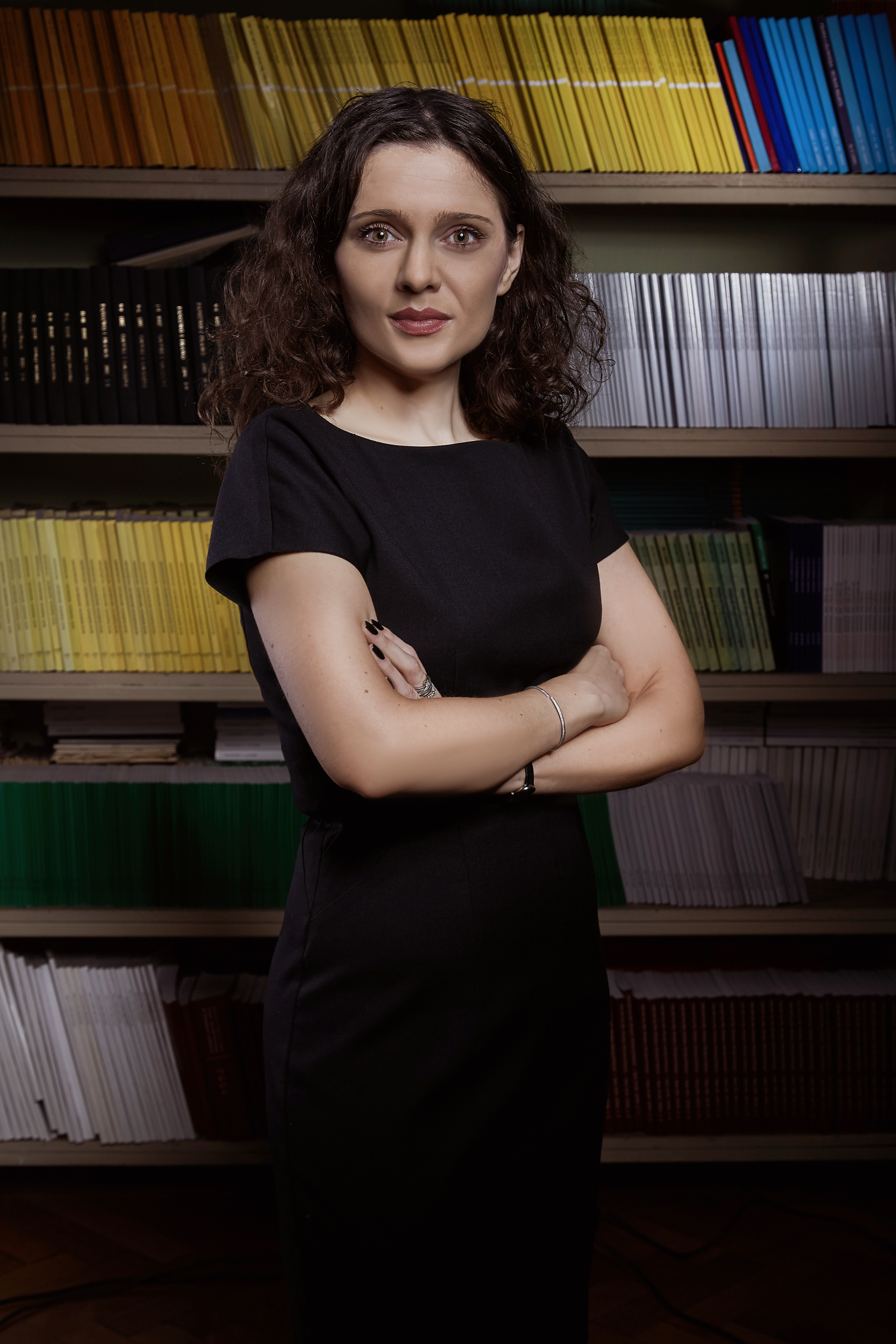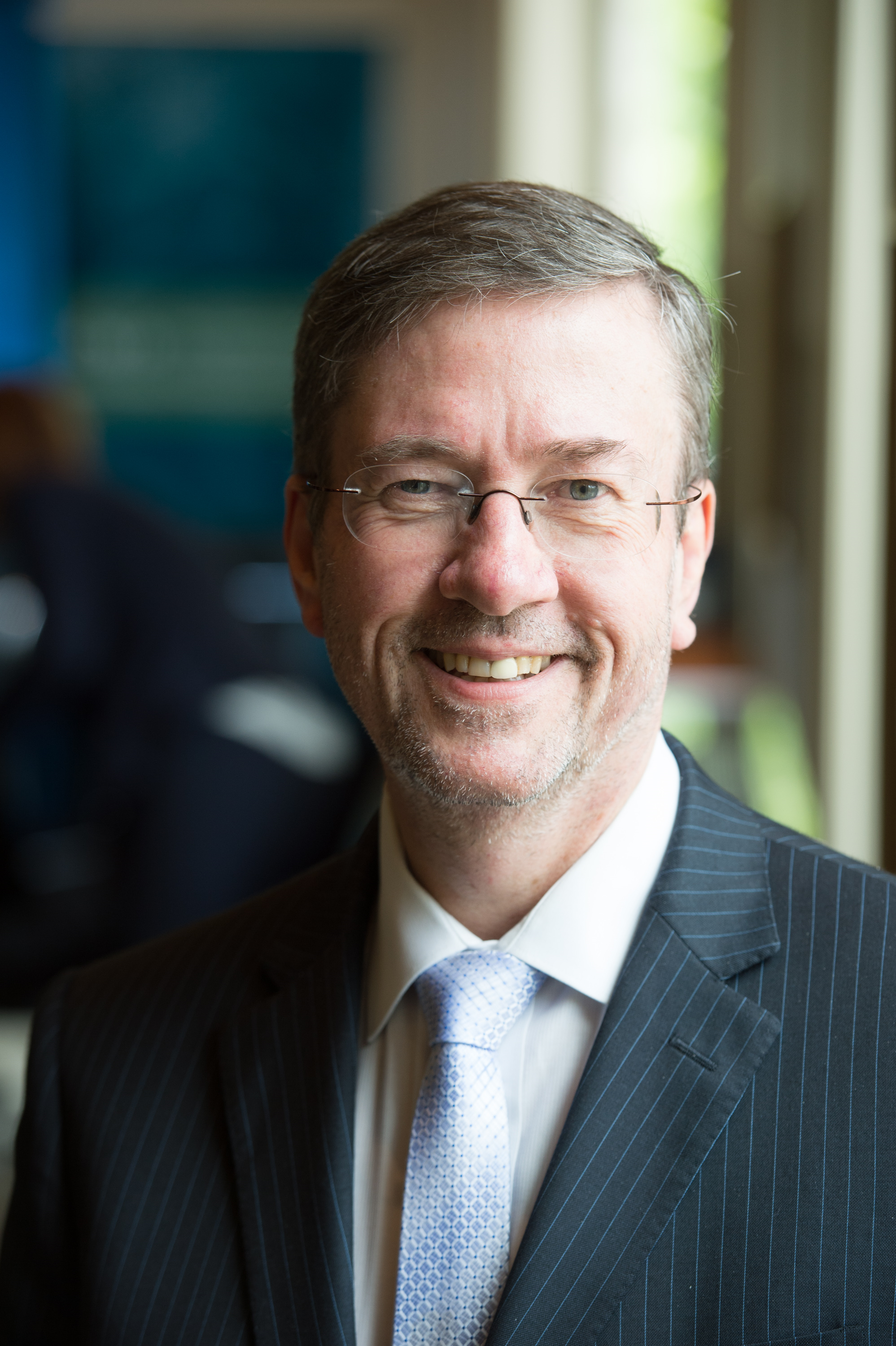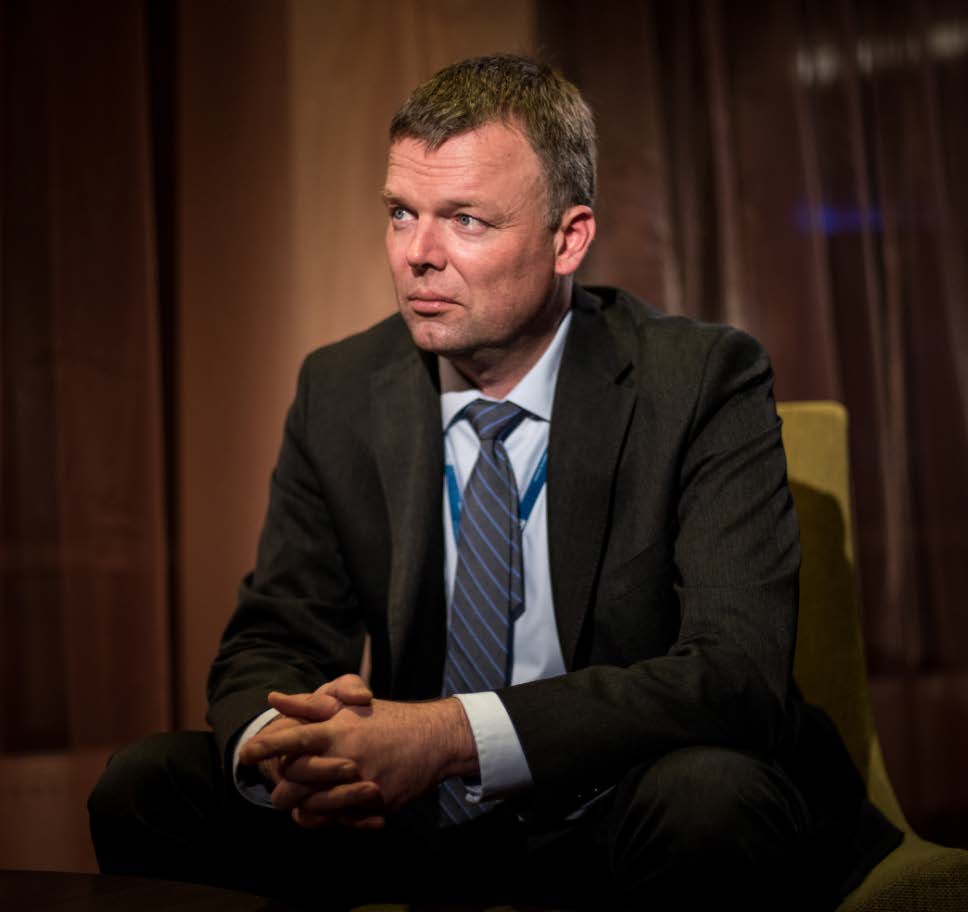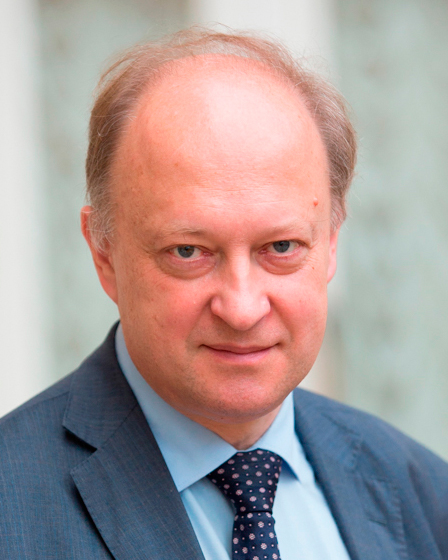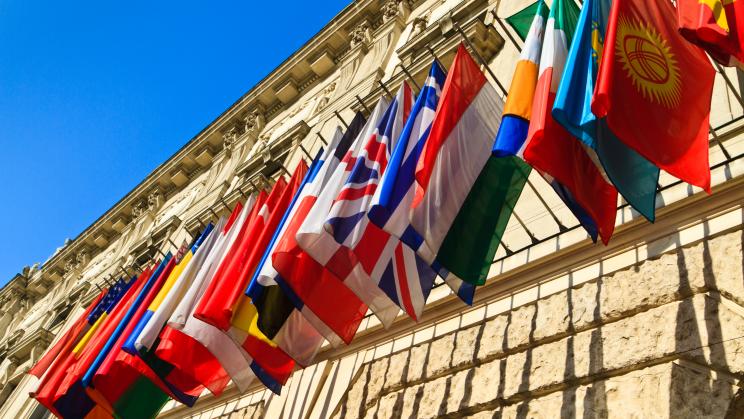
19 November 14:00–15:30 (CET)
Click here to register.
The end of the cold war was expected to give a new lease of life to international institutions as places where an agenda for action could be set to address key issues, rules could be agreed, and compliance could be monitored. The OSCE was a product of the momentum to reinvigorate and institutionalize intergovernmental dialogues around a broad concept of cooperative security. The United States calls for an honest assessment of what institutions achieve while Russia would like to re-litigate the basic principles on which the OSCE was founded. The USA is no longer interested in being a reluctant sheriff while Russia is prepared to spend blood and treasure to further national interests. Meanwhile Western institutions increasingly talk about China, but the growing Chinese footprint in Europe may require institutions to find a place for Beijing in the European discourse.
The webinar will address the following questions:
- Is the proper role of the OSCE containment or transformation?
- What is the proper balance between local and global issues in a regional framework?
- From global to regional—European Union’s ‘man on the moon’ moment, intra-Western consolidation or fragmentation, African single market?
Moderator
|
|
Dr Ian Anthony Dr Ian Anthony is Director of SIPRI’s European Security Programme. He has published numerous books on issues related to arms control, disarmament and export control. |
Discussants
|
|
Margareta Cederfelt Margareta Cederfelt is a member of the Swedish Parliament and vice-president of the OSCE Parliamentary Assembly (PA) since 2017. Ms Cederfelt has a long-standing engagement for democracy and the rule of law that has guided her throughout her career as a parliamentarian. Appointed as special rapporteur on the murder of Russian opposition politician Boris Nemtsov, Ms Cederfelt delivered her report on the murder to the OSCE PA in February this year. Since January, Ms Cederfelt is also acting chair of the OSCE PA ad hoc committee on Migration and has participated in a total of 47 election observation mission throughout the OSCE region. |
|
|
Dr Aleksandra Gliszczynska-Grabias Dr Aleksandra Gliszczyńska-Grabias is Assistant Professor at the Institute of Law Studies of the Polish Academy of Sciences. Expert in the fields of anti-discrimination law, constitutional law, freedom of speech and memory laws. She is co-editor and co-author of Constitutionalism under Stress (OUP, 2020). She was Bohdan Winiarski Fellow at the Lauterpacht Centre of the University of Cambridge and Graduate Fellow at the Yale University Initiative for the Study of Antisemitism. Between 2016 and 2019 she was a Principal Investigator in the Memory Laws in European and Comparative Perspective (MELA), an international research consortium sponsored by the EU Commission. |
|
|
Dr Daniel Hamilton Dr Daniel S. Hamilton is the Austrian Marshall Plan Foundation Distinguished Fellow and Director of the Global Europe Program at the Woodrow Wilson Center. He is also on the faculty of Johns Hopkins University SAIS. He has served as U.S. Deputy Assistant Secretary of State, responsible for OSCE, NATO, and transatlantic security issues, Nordic-Baltic and Balkan Affairs; U.S. Special Coordinator for Southeast European Stabilization; and Associate Director of the Policy Planning Staff for two U.S. Secretaries of State. Recent books include Europe Whole and Free: Vision and Reality. He is a Knight of Sweden’s Royal Order of the Polar Star. |
|
|
Alexander Hug Alexander Hug, a Swiss national, is an expert on conflict resolution and security issues. He currently serves as the Head of Mission (ad int.) of the Iraq Programme of the International Commission on Missing Persons (ICMP). Until the end of 2018, Hug was the Principal Deputy Chief Monitor of the Organization for Security and Cooperation in Europe (OSCE)’s Special Monitoring Mission to Ukraine, a role he held since the inception of the Mission in early 2014. Before this appointment, Hug was a Section Head and a Senior Adviser to the OSCE High Commissioner on National Minorities in The Hague. |
|
|
Dr Andrey Kortunov Andrey Kortunov graduated from the Moscow State Institute of International Relations (MGIMO) in 1979 and completed his postgraduate studies at the Institute for U.S. and Canada Studies of the USSR Academy of Sciences in 1982. He holds a PhD in History. Dr Kortunov completed internships at the Soviet embassies in London and Washington, and at the Permanent Delegation of the USSR to the UN. |
For additional information on this webinar, please contact the SSC 2020 Team at sthlmseccon@sipri.org.
